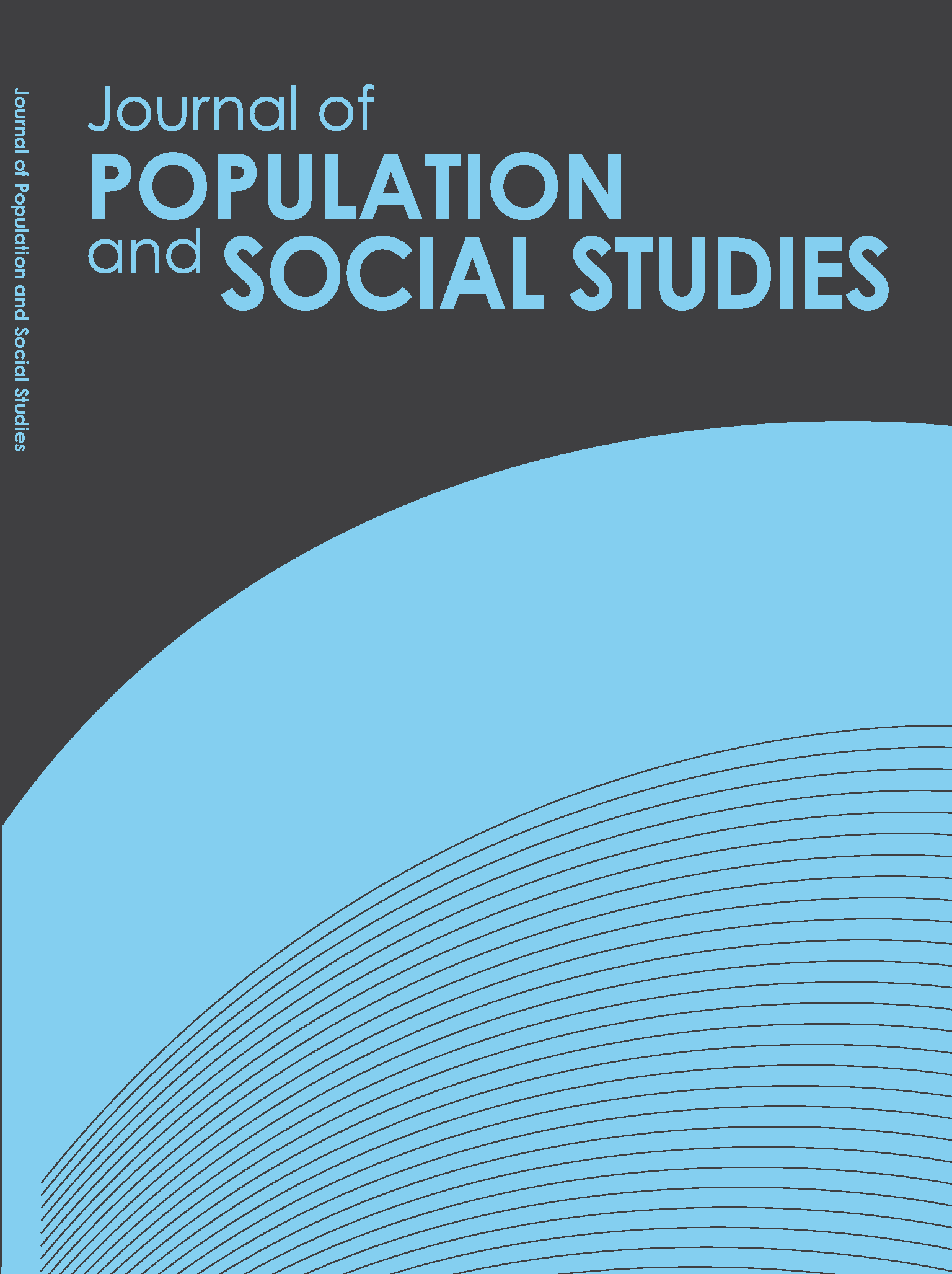A Local Legislative Model for the Reduction and Elimination of Environmental Pollution in Thailand
Main Article Content
Abstract
In Thailand, it is the duty of local administrative organizations to protect people’s environmental rights within their locality. However, few local ordinances have been passed to prescribe authority to address
environmental protection. This study investigated the existing laws that affect the development of local ordinances for the reduction and elimination of environmental pollution and the problems affecting their
development. The methods used by the study were documentary review, legal analysis and gathering of information from key stakeholders through group discussions at two seminars.
The results of the study were used to develop a local legislative model guided by the concept derived from the U.S. Uniform Law or Model Act. The structure of the model contains the principle and rationale of the legislation; its title, preambles, and definitions; the person in charge; procedures for cancellation, amendments and additions; changes of wording; chapter organization and structure; enforceability; interim provisions; and attached schedules.
To efficiently carry out the drafting of local ordinances, the authors suggest that an organization be established to support law enforcement in addressing environmental issues. Such an organization could gather knowledge and information relevant to these measures from various law enforcing agencies under the central administration that is engaging in tasks concerning the enhancement and conservation of national environmental quality.
environmental protection. This study investigated the existing laws that affect the development of local ordinances for the reduction and elimination of environmental pollution and the problems affecting their
development. The methods used by the study were documentary review, legal analysis and gathering of information from key stakeholders through group discussions at two seminars.
The results of the study were used to develop a local legislative model guided by the concept derived from the U.S. Uniform Law or Model Act. The structure of the model contains the principle and rationale of the legislation; its title, preambles, and definitions; the person in charge; procedures for cancellation, amendments and additions; changes of wording; chapter organization and structure; enforceability; interim provisions; and attached schedules.
To efficiently carry out the drafting of local ordinances, the authors suggest that an organization be established to support law enforcement in addressing environmental issues. Such an organization could gather knowledge and information relevant to these measures from various law enforcing agencies under the central administration that is engaging in tasks concerning the enhancement and conservation of national environmental quality.
Article Details
How to Cite
Karnjanawat, N., & Mallikamarl, S. (2011). A Local Legislative Model for the Reduction and Elimination of Environmental Pollution in Thailand. Journal of Population and Social Studies [JPSS], 20(1), 57–69. retrieved from https://so03.tci-thaijo.org/index.php/jpss/article/view/84531
Section
Research Articles


